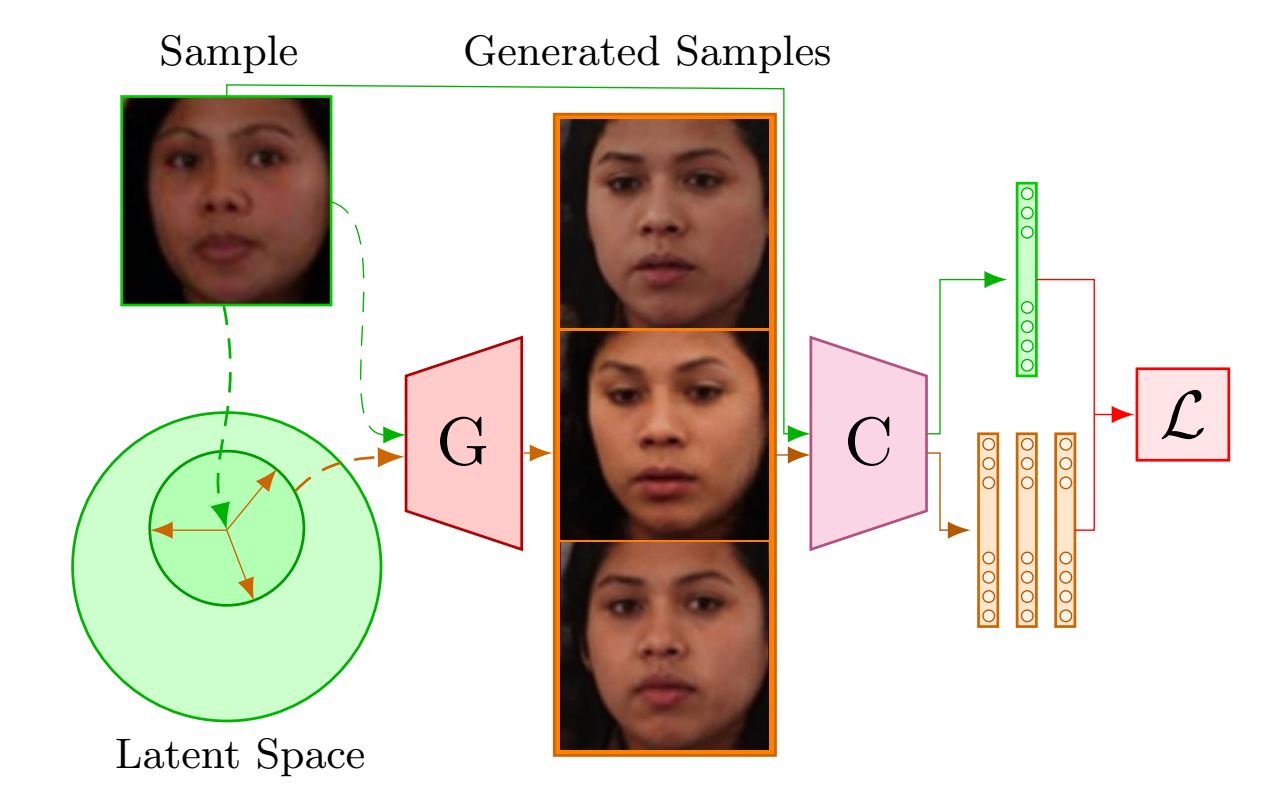An experimental evaluation on deepfake detection using deep face recognition

Abstract
Published studies have suggested the bias of automated face-based gender classification algorithms across gender-race groups. Specifically, unequal accuracy rates were obtained for women and dark-skinned people. To mitigate the bias of gender classifiers, the vision community has developed several strategies. However, the efficacy of these mitigation strategies is demonstrated for a limited number of races mostly, Caucasian and African-American. Further, these strategies often offer a trade-off between bias and classification accuracy. To further advance the state-of-the-art, we leverage the power of generative views, structured learning, and evidential learning towards mitigating gender classification bias. We demonstrate the superiority of our bias mitigation strategy in improving classification accuracy and reducing bias across gender-racial groups through extensive experimental validation, resulting in state-of-the-art performance in intra- and cross dataset evaluations.
Acknowledgements
This work is supported from National Science Foundation (NSF) award no. 2129173. The research infrastructure used in this study is supported in part from a grant no. 13106715 from the Defense University Research Instrumentation Program (DURIP) from Air Force Office of Scientific Research.